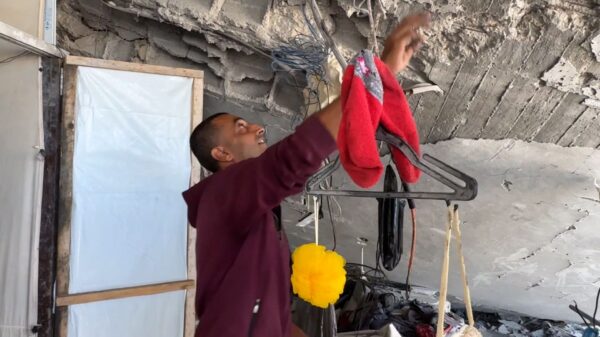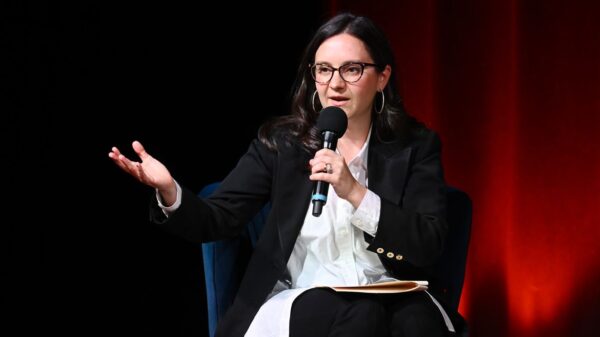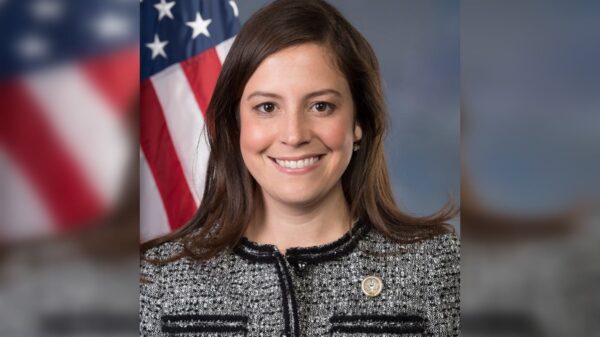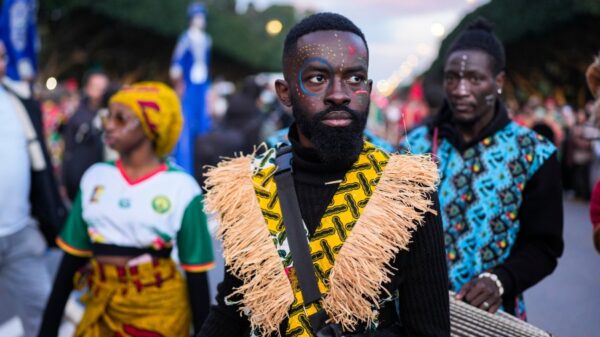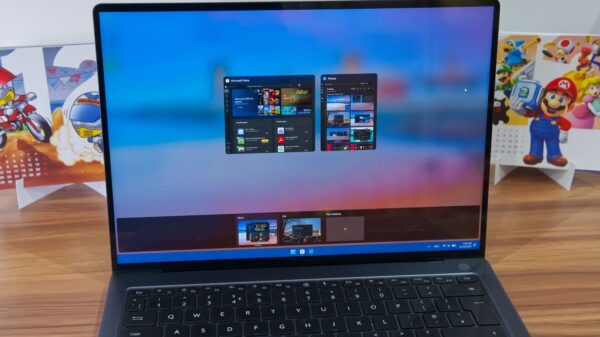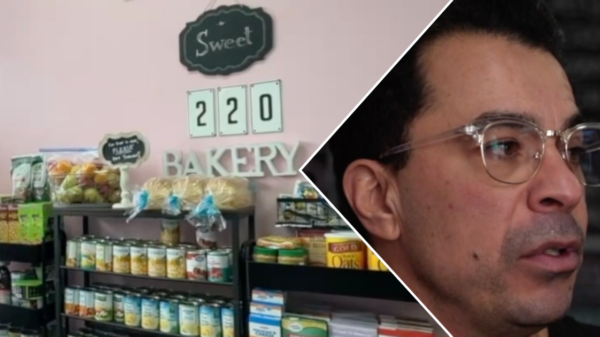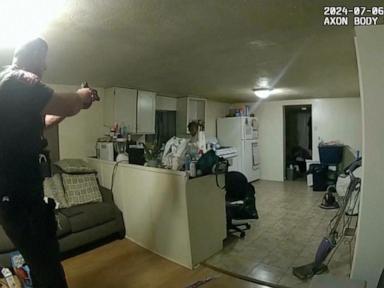UPDATE: The highly anticipated murder trial of Illinois sheriff’s deputy Sean Grayson, charged with the fatal shooting of Sonya Massey, is set to commence on Monday, July 6, 2024. This trial comes after Massey, a 36-year-old Black woman, was shot in her home while seeking police assistance.
Authorities confirm that Grayson, 31, responded to a report concerning a suspected prowler at Massey’s residence. Upon arrival, he confronted her about a pot of hot water on the stove, leading to a tragic confrontation. Grayson has been charged with first-degree murder, aggravated battery with a firearm, and official misconduct. He has pleaded not guilty.
The trial, which has garnered significant public attention, will take place in Peoria, approximately 200 miles southwest of Chicago, to ensure an impartial jury. This shift comes after widespread scrutiny of Grayson’s actions during the incident, which has sparked ongoing discussions about police conduct, particularly regarding shootings of Black individuals in their homes.
Massey’s death prompted immediate calls for legislative change in Illinois. In August, Governor JB Pritzker signed a new law enhancing transparency for law enforcement candidates’ backgrounds, a response to concerns regarding Grayson’s history prior to his employment. Grayson’s prior record includes a drunk driving arrest while in the Army and a series of short-lived policing jobs, raising questions about his qualifications to serve as a deputy.
The shooting incident, which occurred shortly after Grayson entered Massey’s home, was captured on body camera footage. Grayson reportedly misinterpreted Massey’s actions as threatening, leading him to draw his weapon and fire three shots, striking her once in the face. This tragic encounter has left a profound impact on the community and ignited discussions about mental health, policing, and systemic issues within law enforcement.
Massey, a single mother of two, had recently checked herself into a mental health program but left shortly before the incident. Her family had made multiple 911 calls expressing concern for her well-being, highlighting the urgent need for better communication and understanding between law enforcement and individuals facing mental health crises.
The trial is expected to last several days, and it is anticipated that the verdict will resonate beyond the courtroom, influencing ongoing debates about police reform and accountability in America. As jurors prepare to hear the case, the nation watches closely, hoping for justice for Sonya Massey and her family.
This developing story is one to monitor closely, as it encapsulates critical issues of race, mental health, and policing in contemporary America.







